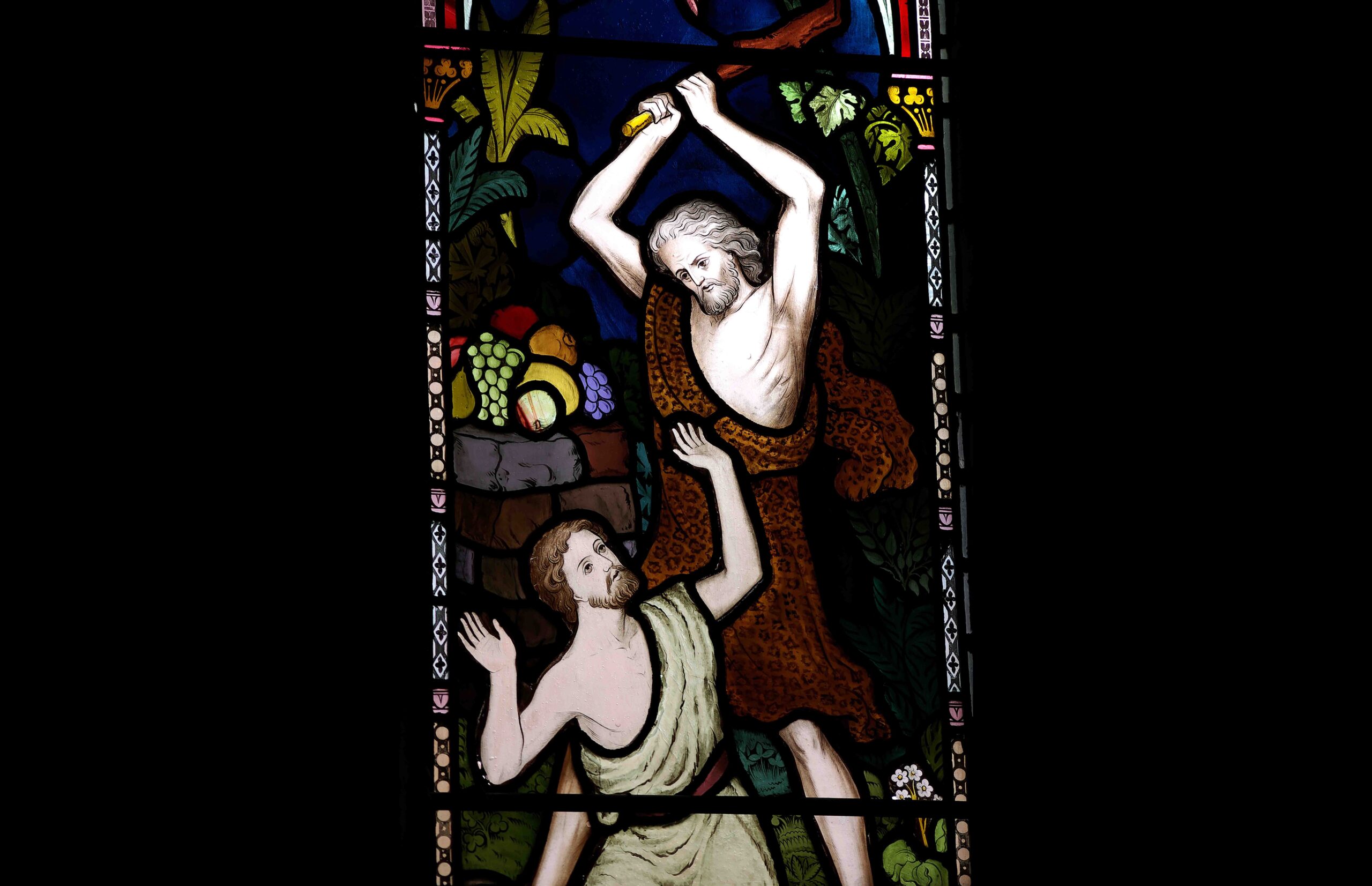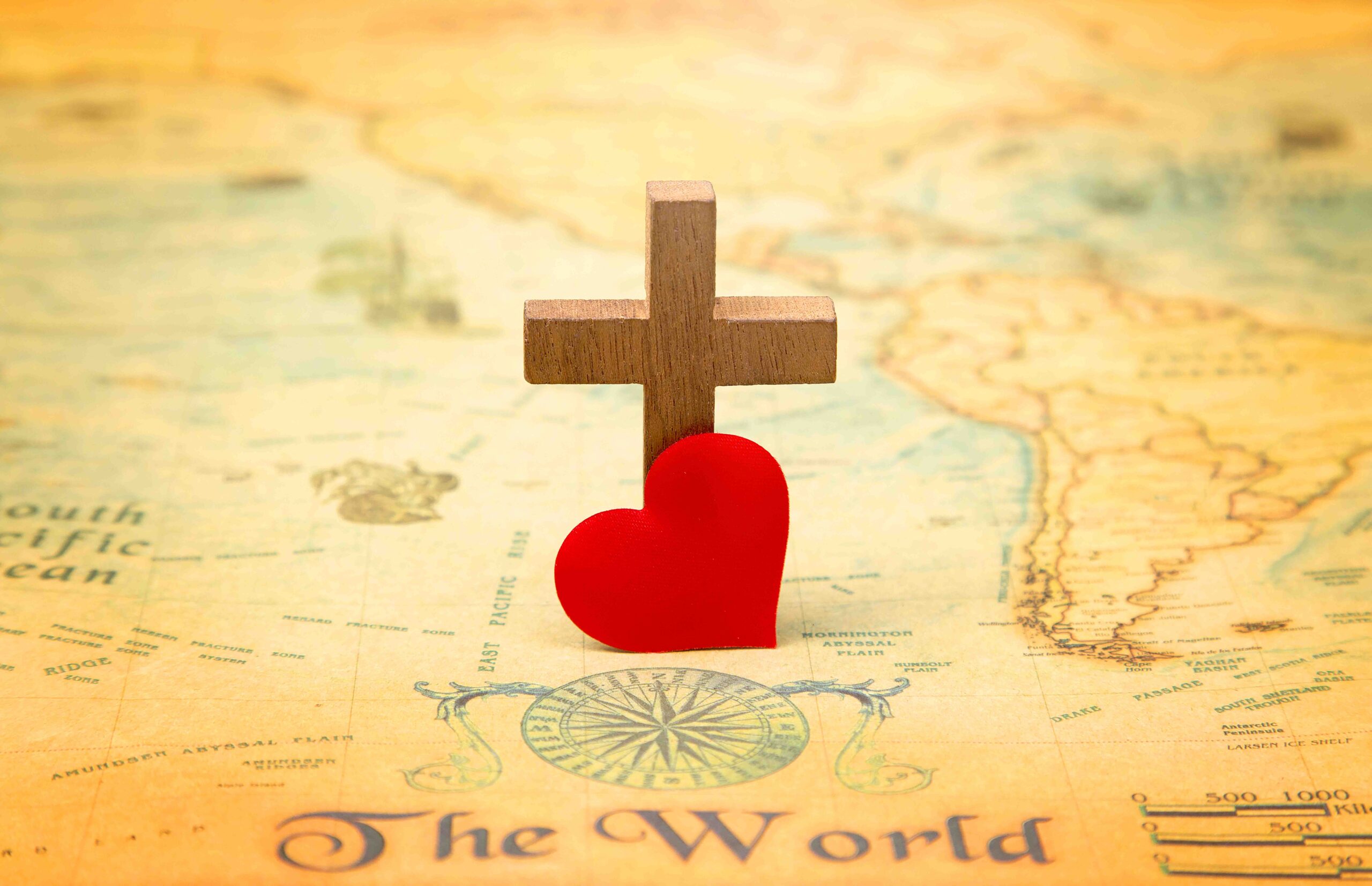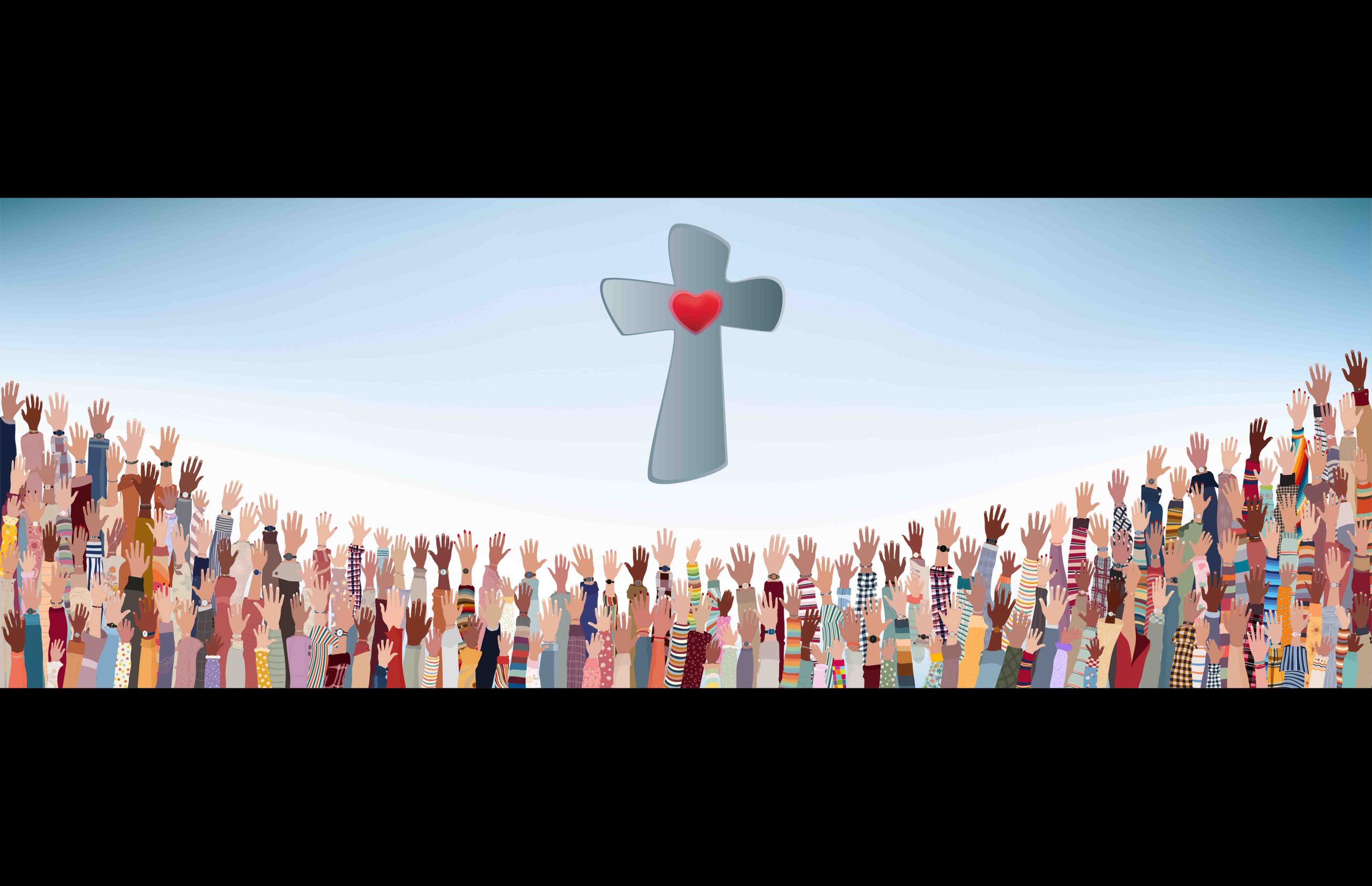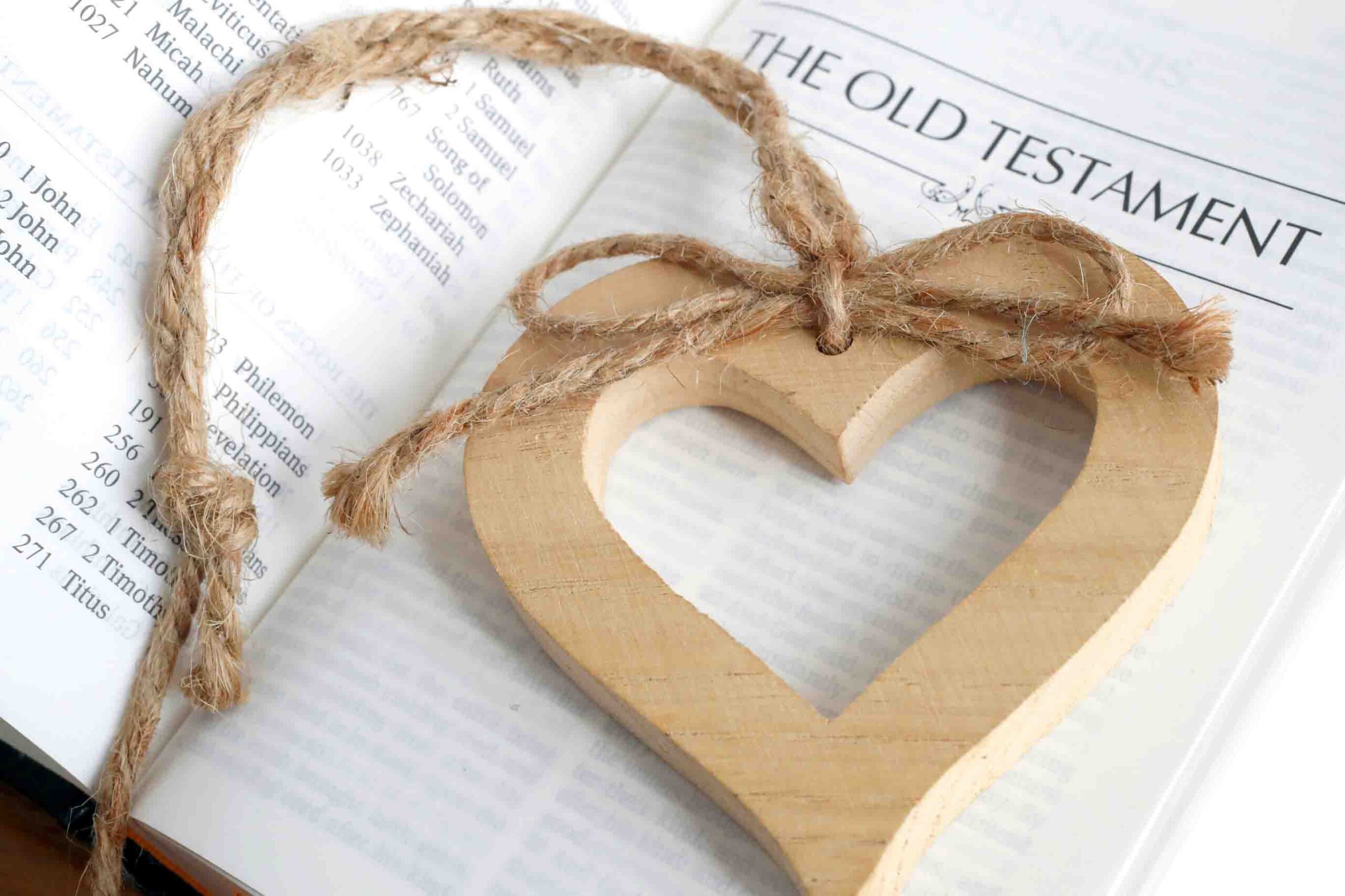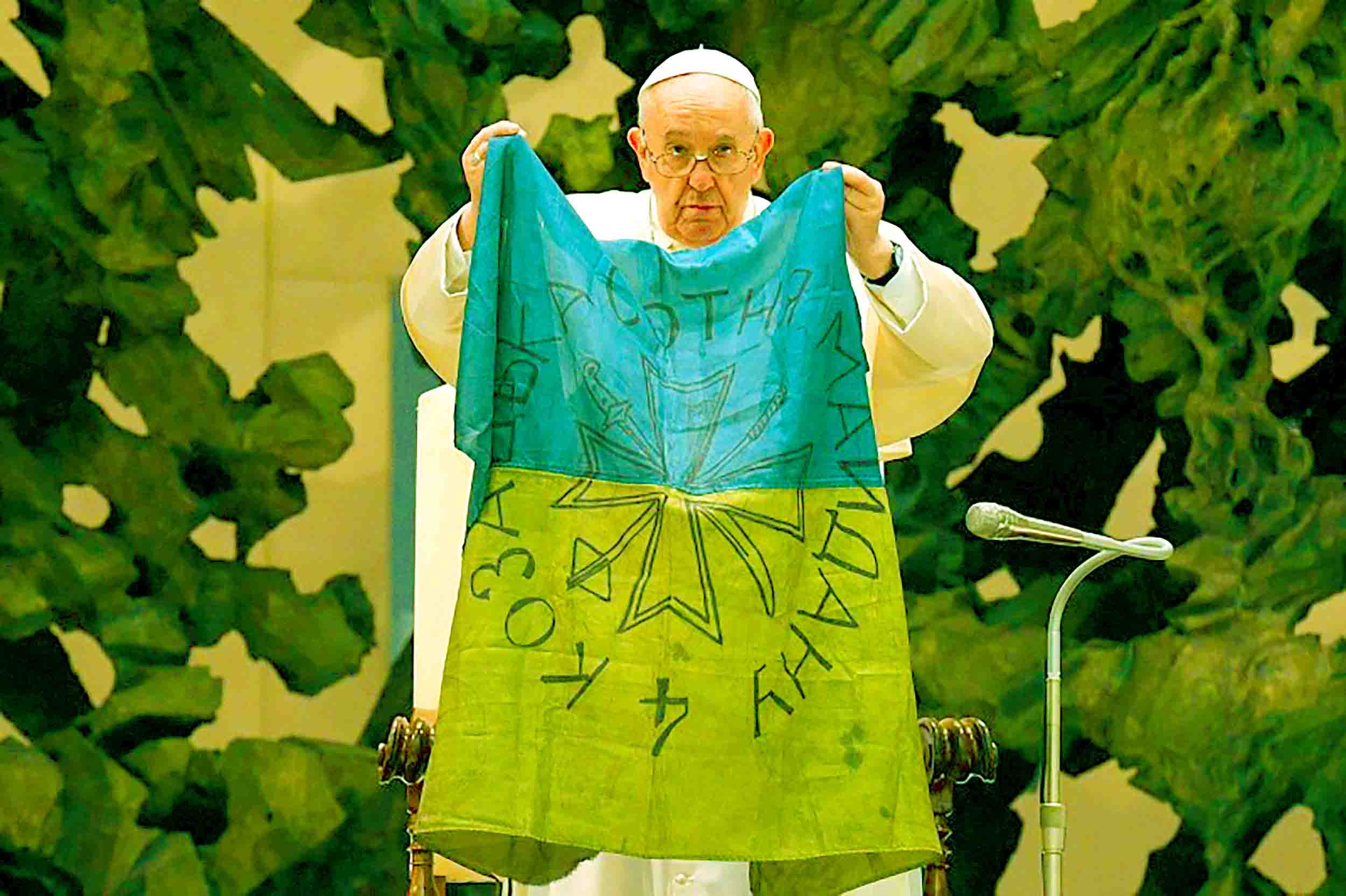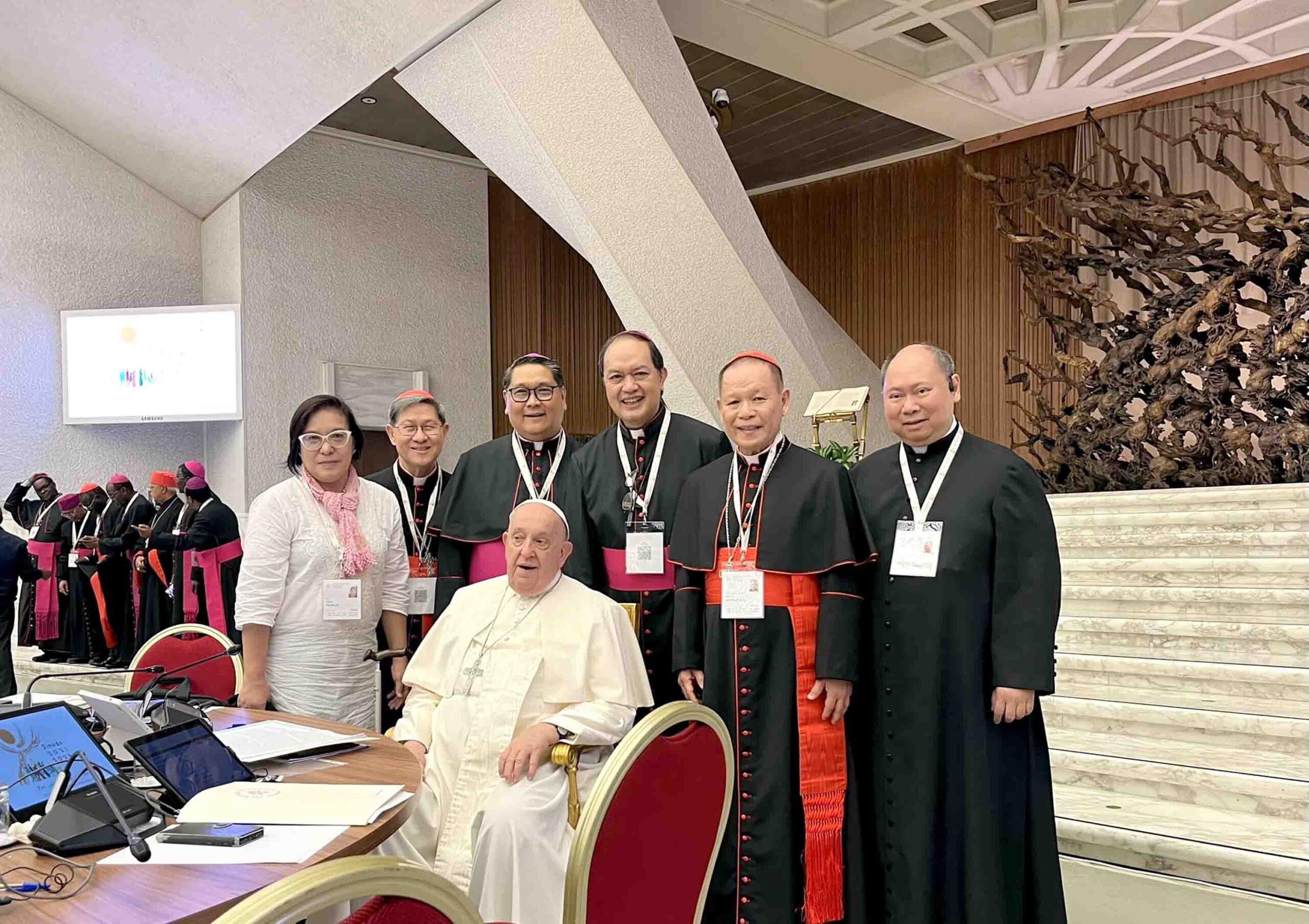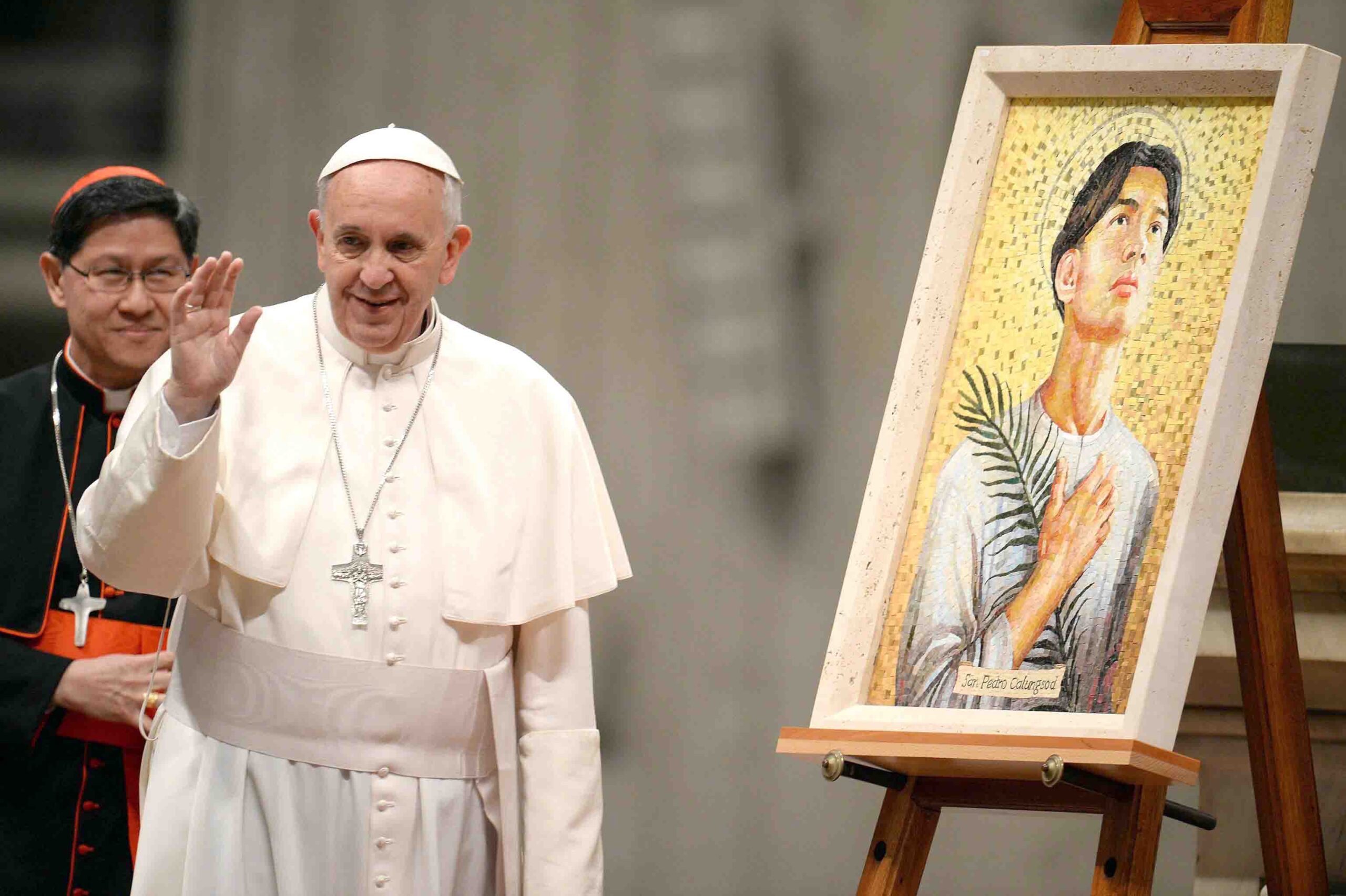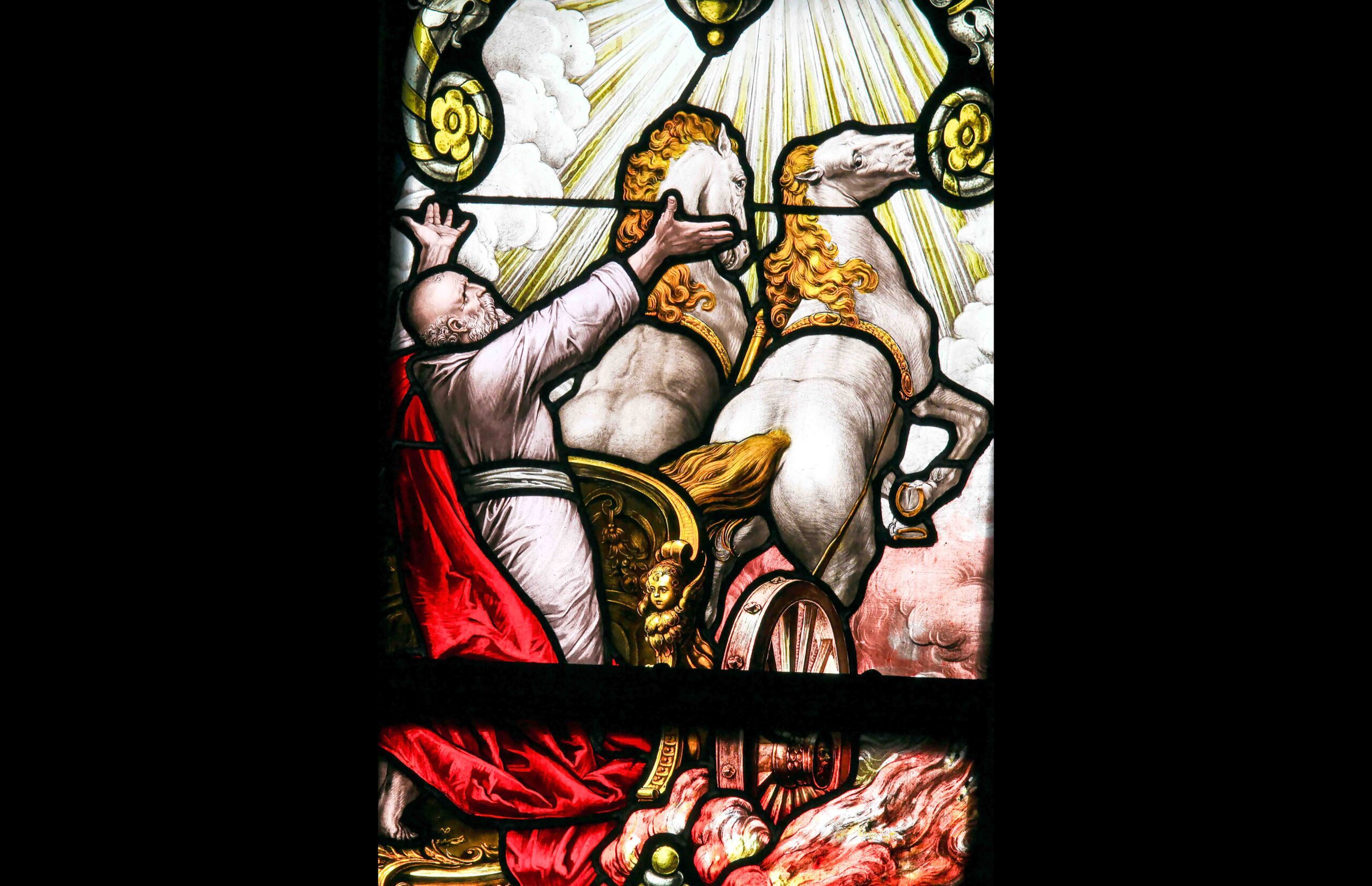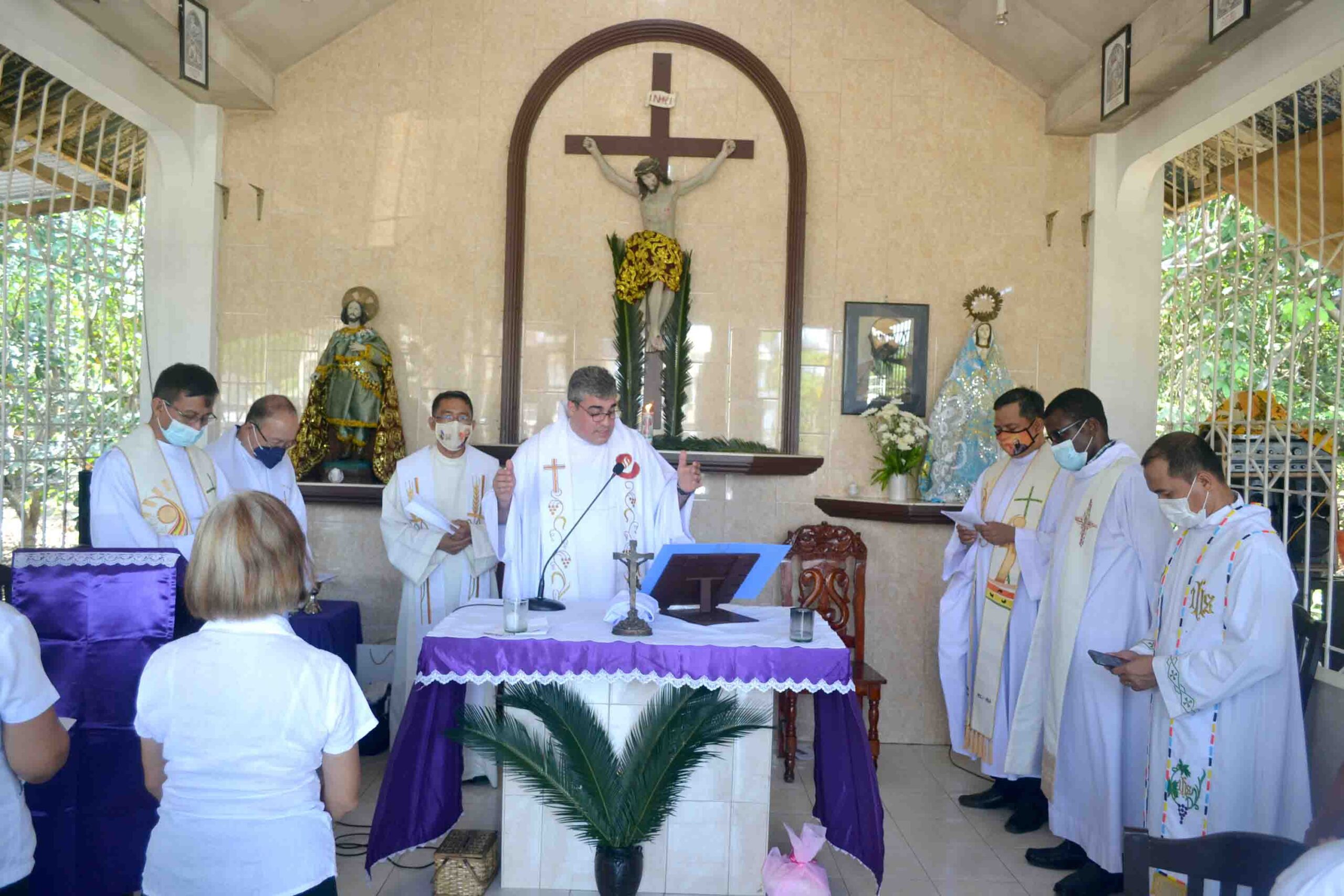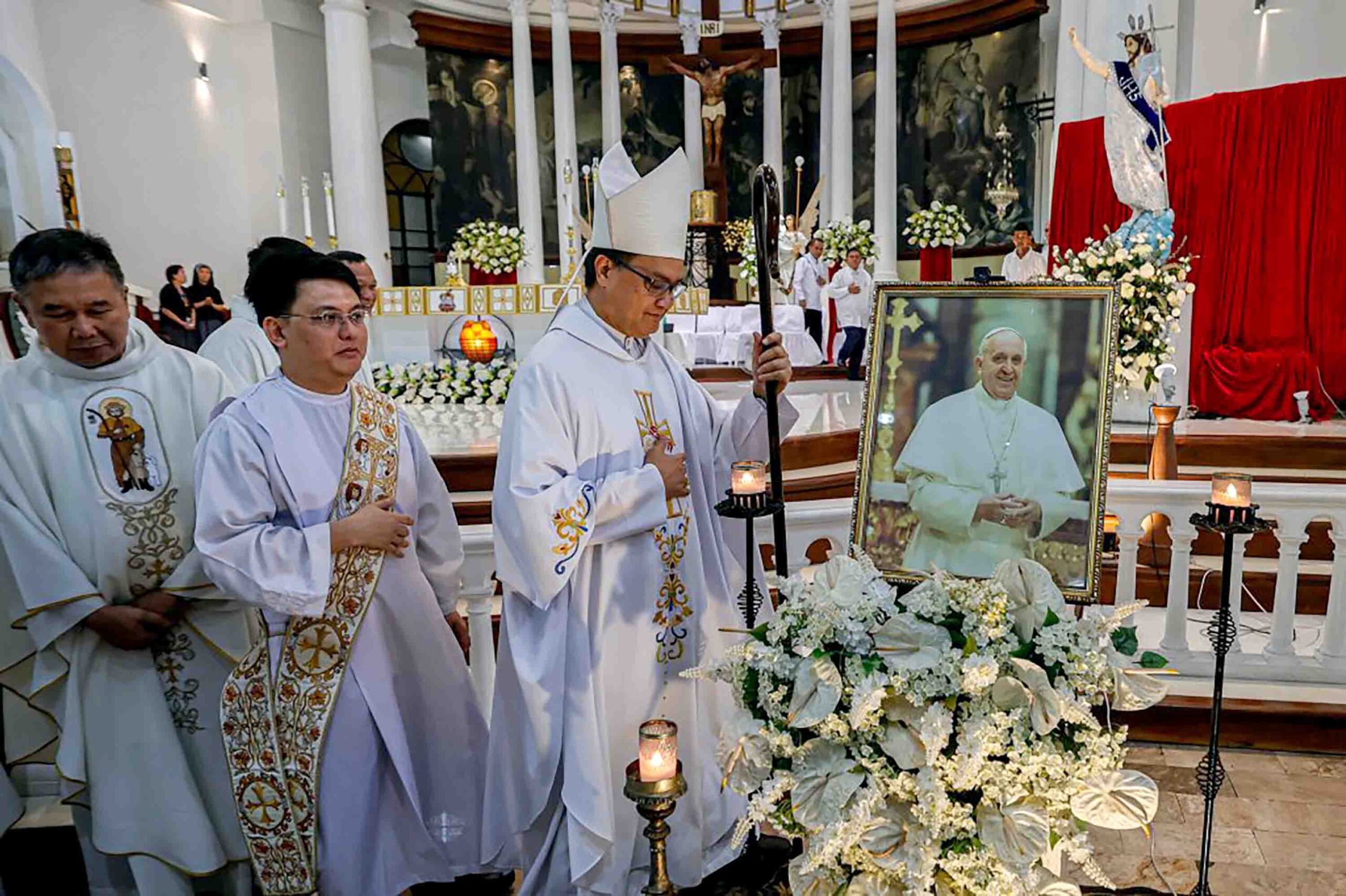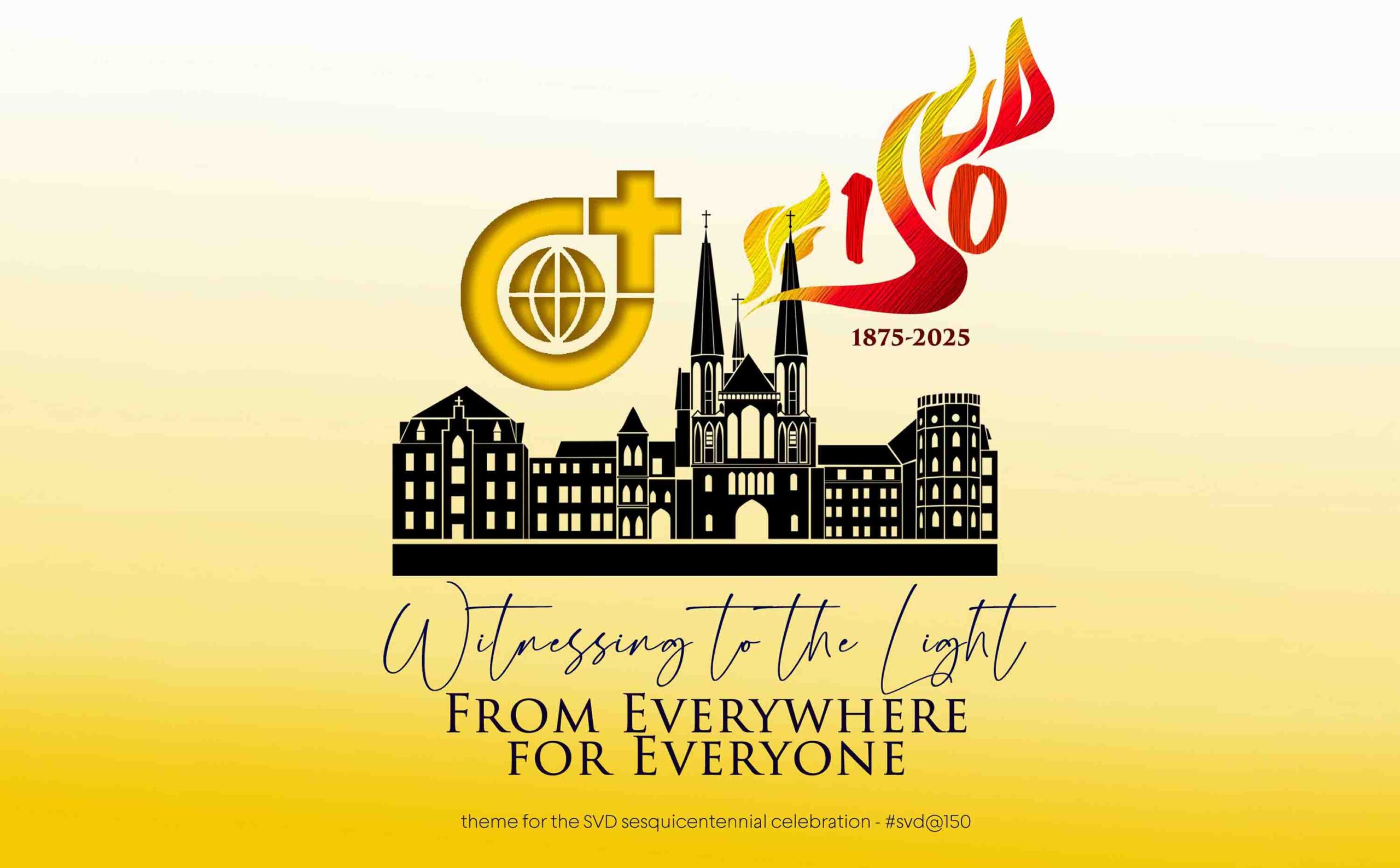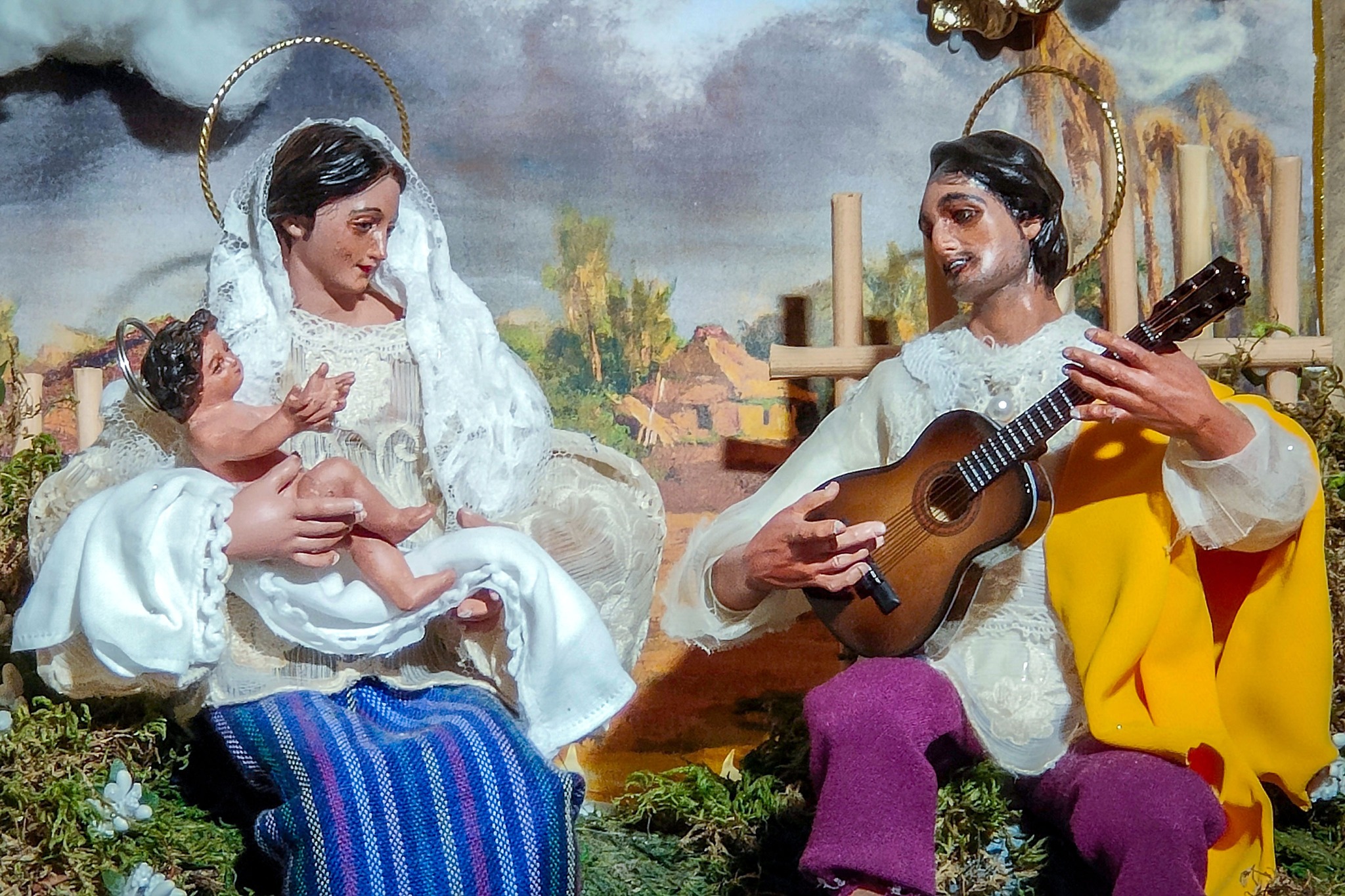The biblical story of Cain and Abel is the account of the first two sons of Adam and Eve. Cain, the elder brother, was a farmer who worked the land cultivating vegetables, while Abel, the younger brother, was a shepherd who tended to his flock of sheep. Over time, Cain grew envious of Abel, especially when God favored Abel’s offering of sacrifice. Cain, unable to control his resentment, let his anger and hatred overpower him, eventually allowing these emotions to consume him entirely.
After God revealed His favor for Abel’s sacrifice, Cain’s jealousy boiled over. In his rage, he brought Abel into the fields and killed him. Cain murdered his brother by striking him with a large rock. God, being omniscient, knew what Cain had done. Yet when God asked Cain where his brother was, Cain denied his crime and arrogantly responded, “Am I my brother’s keeper?” This response only intensified God’s anger. Not only did Cain not confess to his grave sin of murder, but he even tried to hide his own abhorred act.
THE MURDER OF ABEL
The murder of Abel by Cain is one of the first instances of fratricide—killing one’s own sibling. It began as a simple case of sibling rivalry but escalated into something far more sinister due to Cain’s unchecked envy. His desire for what Abel had led him to commit a heinous act. Envy, when not addressed, can transform into hatred and violence. This story warns about the dangers of allowing negative emotions, like jealousy, to take root in one’s heart.
Why did Cain become so envious of Abel? The answer lies in the offerings they made to God. Abel offered the best of his flock–a blood sacrifice–while Cain’s offering, though from his crops, did not carry the same devotion or quality. God accepted Abel’s offering but rejected Cain’s, signaling His favor for Abel. This rejection sparked Cain’s envy and set the stage for the following tragic events.
Cain’s anger eventually overwhelmed him. He could no longer hide his hatred. Abel, unsuspecting and trusting of his brother, accompanied Cain into the fields without any thought that harm was coming his way. However, Cain had already decided that he would kill him. What began as envy escalated into destructive anger and, ultimately, murder. Cain’s inability to control his feelings led him to commit a sin that would change the course of human history.
The story of Cain and Abel is not just a tale from ancient times–it is a reflection of modern-day struggles. We still see brothers and sisters, friends, and even groups turning against each other. Fraternity hazing, for example, often begins with a sense of rivalry or initiation but can escalate into violence. The brutal treatment of new members–whether it be physical abuse or psychological torment–can be traced back to the same root: unchecked anger and jealousy. These acts, often perpetrated by those who should be trusted, are a modern echo of Cain’s crime.
When such violence occurs, especially at the hands of someone we trust, we are left to question where justice can truly be found. Can we rely on earthly systems of justice, or must we look to divine justice for resolution?
FRATRICIDE
In the case of Cain and Abel, Abel trusted his brother because they were family. He never suspected that Cain would betray him in such a violent way. Sadly, we still hear of similar crimes today: envious people wishing harm upon the fortunate and coveting what others have.
This tragic story reminds us of the destructive power of envy and the need to control our emotions before they turn into something far more dangerous. It also calls us to seek reconciliation, repentance, and healing through God’s forgiveness, for it is through divine intervention that true justice and peace can be found.
The story of Cain and Abel should serve as a reminder to examine our hearts, to confront our feelings of jealousy and anger before they lead us down a destructive path. In the end, we are all called to act in love and kindness toward one another, rather than giving in to hatred and envy.

